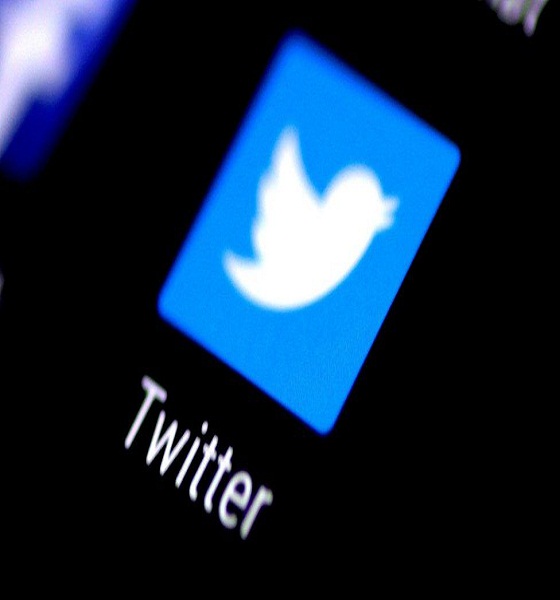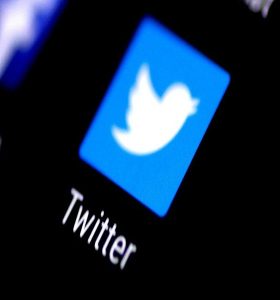- Technology
- No Comment
Nigeria suspends Twitter operations for undermining corporate existence

In an email communication with media representatives, Twitter, which recently opened its first African office in Ghana said, “The announcement made by the Nigerian Government that they have suspended Twitter’s operations in Nigeria is deeply concerning. We’re investigating and will provide updates when we know more”.
Subsequently, the microblogging platform via its public policy account tweeted:
We are deeply concerned by the blocking of Twitter in Nigeria. Access to the free and #OpenInternet is an essential human right in modern society.
We will work to restore access for all those in Nigeria who rely on Twitter to communicate and connect with the world. #KeepitOn
— Twitter Public Policy (@Policy) June 5, 2021
The Nigerian government, through its Ministry of Information and Culture has announced its decision to suspend the operations of the social media platform in the country.
The statement made by the Minister of Information and Culture, Lai Mohammed, and signed by his media aide, Segun Adeyemi, will see telecoms in the country prevent Nigerians from using Twitter.
The statement read, “The Federal Government has suspended indefinitely the operations of the microblogging and social networking service Twitter in Nigeria. The Minister of Information and Culture, Alhaji Lai Mohammed, announced the suspension in a statement issued in Abuja on Friday, citing the persistent use of the platform for activities that are capable of undermining Nigeria’s corporate existence.
“The Federal Government has also directed the National Broadcasting Commission (NBC) to immediately commence the process of licensing all OTT and social media operations in Nigeria”.
The announcement of suspension of Twitter in the country was a culmination of events that had happened in past weeks as, recently, Twitter deleted tweets and videos of President Muhammadu Buhari’s threats of punishment to a sect in the South-Eastern part of the country, known as the Indigenous People of Biafra, IPOB, after the president blamed them for attacks on government buildings.
In the purported threats, President Buhari referenced Nigeria’s civil war events of the 1960s which seemed to offend many Nigerians.
Whereas, Buhari, who was the country’s Head of State in the 1980s and served in the army against secessionists, said young Nigerians in the country’s Southeastern part were too young to remember the horrible events which occurred during the war, affirming that the activities of the present-day secessionists are likely headed toward war, hence, it was proactive to stop them beforehand with brute force.
“Those of us in the fields for 30 months, who went through the war, will treat them in the language they understand”, the president had said.
Meanwhile, Twitter chose to delete the tweet after the claim that the contents from the Nigerian president violated its abusive behaviour policy and amidst several calls by Nigerians to take it down. Twitter also suspended the president’s account, leaving it in a ‘read-only mode’ for 12 hours.
Following the suspension, Mr. Lai called out the social media giant for what he termed ‘biased decision’, asserting that the president has a right to express his thoughts on events that affect the country. Lai also raised suspicion about the platform’s intention in the country, saying, “Twitter may have its own rules; it’s

not the universal rule. If Mr. President anywhere in the world feels very bad and concerned about a situation, he is free to express such views… The mission of Twitter in Nigeria is very, very suspect”.
In what Nigerians have come to term as a retaliation act, the country’s federal government proceeded to suspend the platform’s operations in the country.
Back in April, Twitter opted for Ghana to be its African headquarters against widespread thoughts that the social media company would chose Nigeria. However, Twitter cited Ghana’s support for free speech, online freedom, and the Open Internet as reasons for its choice, something systematically lacking in the Nigerian space, especially, under the present Buhari-led administration.
